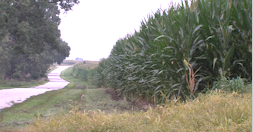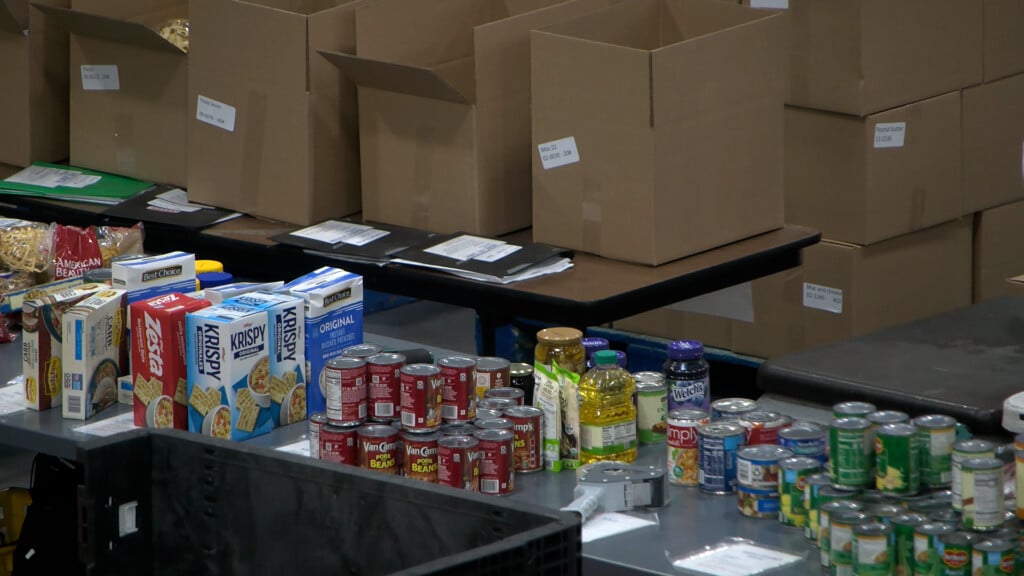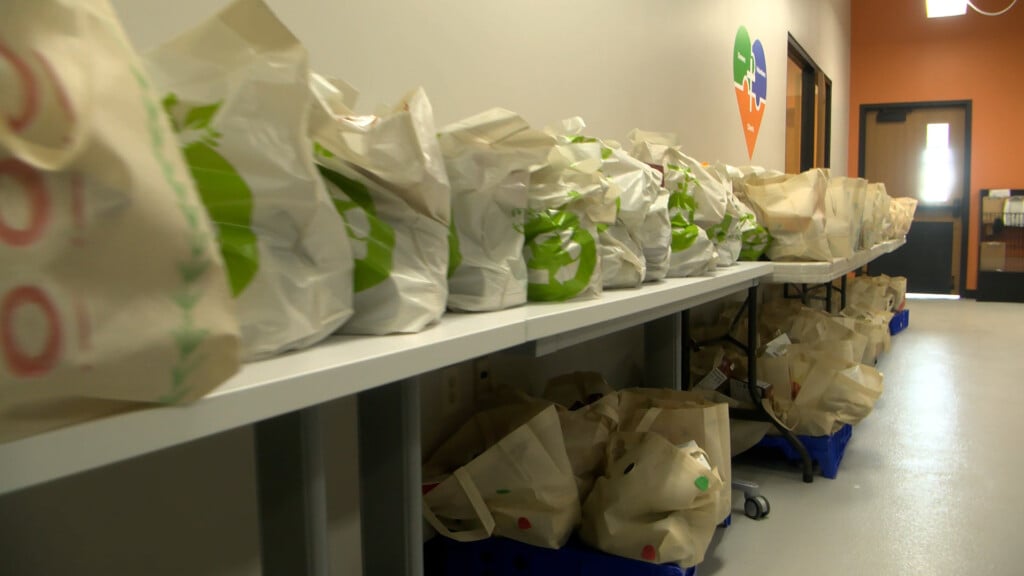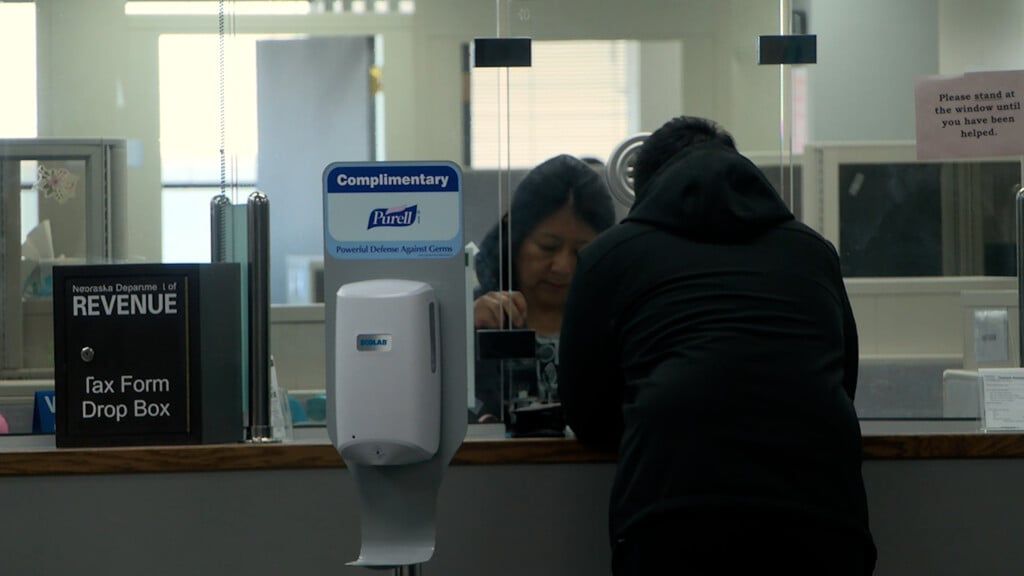Nebraska GDP shrinks 6% as farmers face high costs and low commodity prices

LINCOLN, Neb. (KLKN) — Nebraska farmers are facing a tough crop market, and it’s hurting the rest of the state’s economy.
According to a report from the U.S. Bureau of Economic analysis, Nebraska’s gross domestic product fell more than 6% in the first quarter, tied with Iowa for the largest decrease in the nation.
It’s because of losses in agriculture.
SEE ALSO: USDA designates two more Nebraska counties as disaster areas due to drought
Bill Landon, one of many farmers in Nebraska feeling this brunt, said a lot has changed since he stared farming in 1974.
Back then, he thought if he could get $3 for a bushel of corn, “We wouldn’t know what to do with all the money.”
But now, even if farmers get $3.60 to $4, it might not be enough to break even.
SEE ALSO: Nebraska farmers fuming over ‘out of control’ land valuations
Prices have dropped for corn, soybeans and other row crops.
Meanwhile, the costs of farming are going up.
“You look at the input costs of all the fertilizer, all the chemicals, all the insurance, all of the seeds, everything else plus the price of land, especially if you’re a renter,” said John Hansen, President of the Nebraska Farmers Union. “You’ll have an enormous amount of money tied up in a crop.”
SEE ALSO: Pillen helps launch federal Farm Security Action Plan, aimed at curbing China’s influence
According to the farmers union, those raising beef have been doing well, but crop producers are taking it on the chin.
Hansen called this the worst financial time for family farmers in decades.
Landon said one of the ways he’s balancing this out is by cutting back on purchases.
“If you don’t have your own equity into the farming operation, it makes it really, really rugged.”
SEE ALSO: As heat bears down on crops, Nebraska farmers say drought could change what’s grown here
Hansen feels this issue in Nebraska should be of national concern.
He plans to head to Washington in September in hopes of bringing up the farm bill, which he says needs updating.
“It is not in our country’s interest to see family farmers and ranchers who produce our food and fiber go broke,” he said. “It’s not good for national food security and not good for the future of America.”



